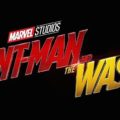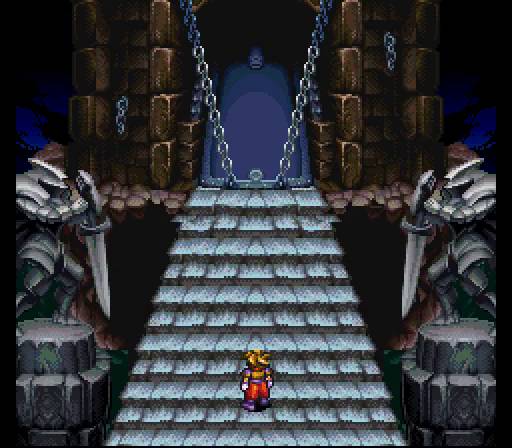Christopher Robin review

In my opinion, Disney’s recent rash of live-action movies based on their animated classics have been borderline unwatchable thus far. Maleficent essentially ruined the only villain in Disney’s stable that was purely, religiously, uniquely evil by just plagiarising “Wicked.” Alice in Wonderland was just Tim Burton indulging himself in the usual predictable ways. The Jungle Book was packed with the first half of new ideas without their second halves as the movie slowly but surely fell back to the original like a rocket not quite powerful enough to escape Earth’s atmosphere. Beauty and the Beast spent the entire movie aggressively missing the point of the story.
(I never saw Cinderella, so I don’t want to offer a comment. My apologies if it was actually good.)

A very common failure in the rewrites has been replacing the original characterisation of the characters, and then completely failing to provide anywhere near the same depth to them. I was worried that this would happen with a new Winnie the Pooh movie, considering that its characters are intended to be simple and specific, with any depth coming from the interactions between their absolute personalities, and how that absoluteness only serves to get in their own way when trouble strikes. What made the denizens of the Hundred-Acre Wood endearing is that despite the sternness of their personalities, they all did care for each other and wanted to be helpful. In a political age when purity of belief and action is everything and compromise is nothing, perhaps we could all stand to relearn this clear example of human decency from our childhoods.
Right, this is a movie review. AHEM!
The point I was trying to reach there before I veered off is this: Within the first minute of runtime Christopher Robin tells us as directly as possible that they aren’t going to mess around with Rabbit and Piglet and Eeyore we all know and love. They’re just going to put them into a new situation. They further underscore this by directly connecting this beginning to the ending of The Many Adventures of Winnie the Pooh.

The soundtrack tries too hard (but not quite Harry and the Hendersons too hard) and the color leans hard into sepia, even outside of flashbacks. Design-wise, the non-human characters are intended to resemble well-loved stuffed animals. On the whole this works OK, but it’s rather jarring to see Tigger without stripes or orange.
The story is old and common enough to be a genre unto itself: Workaholic father needs to rediscover life. (Can’t wait to see that story again in the Mary Poppins remake). But Christopher Robin is to “Winnie the Pooh” as Hook was to “Peter Pan.” We see the consequences of the Hundred-Acre Wood live on without Christopher as did Neverland without Peter. But there’s no power struggles or politics or warring factions in the Hundred-Acre Wood as in Neverland, so really the only thing that happens is that its inhabitants have a much harder time getting out of trouble without Christopher Robin’s help.
In the end, the antagonist is mostly Christopher’s loss of innocence coming to a head in Act 2, as well as a stock terrible boss who looms large over Acts 1 and 3.

Do we keep retelling the same stories because they’re easy, or because they remain relevant to life? It would be nice to someday live in a world where this genre is no longer relevant.
I’m going off again. It’s strange that such a simple movie is provoking so many thoughts. There might be something deeper to all of this after all.
Verdict: Go for it (4/5). Oddly deep for a simple tale. Respectful of the style and essence of the brand.





